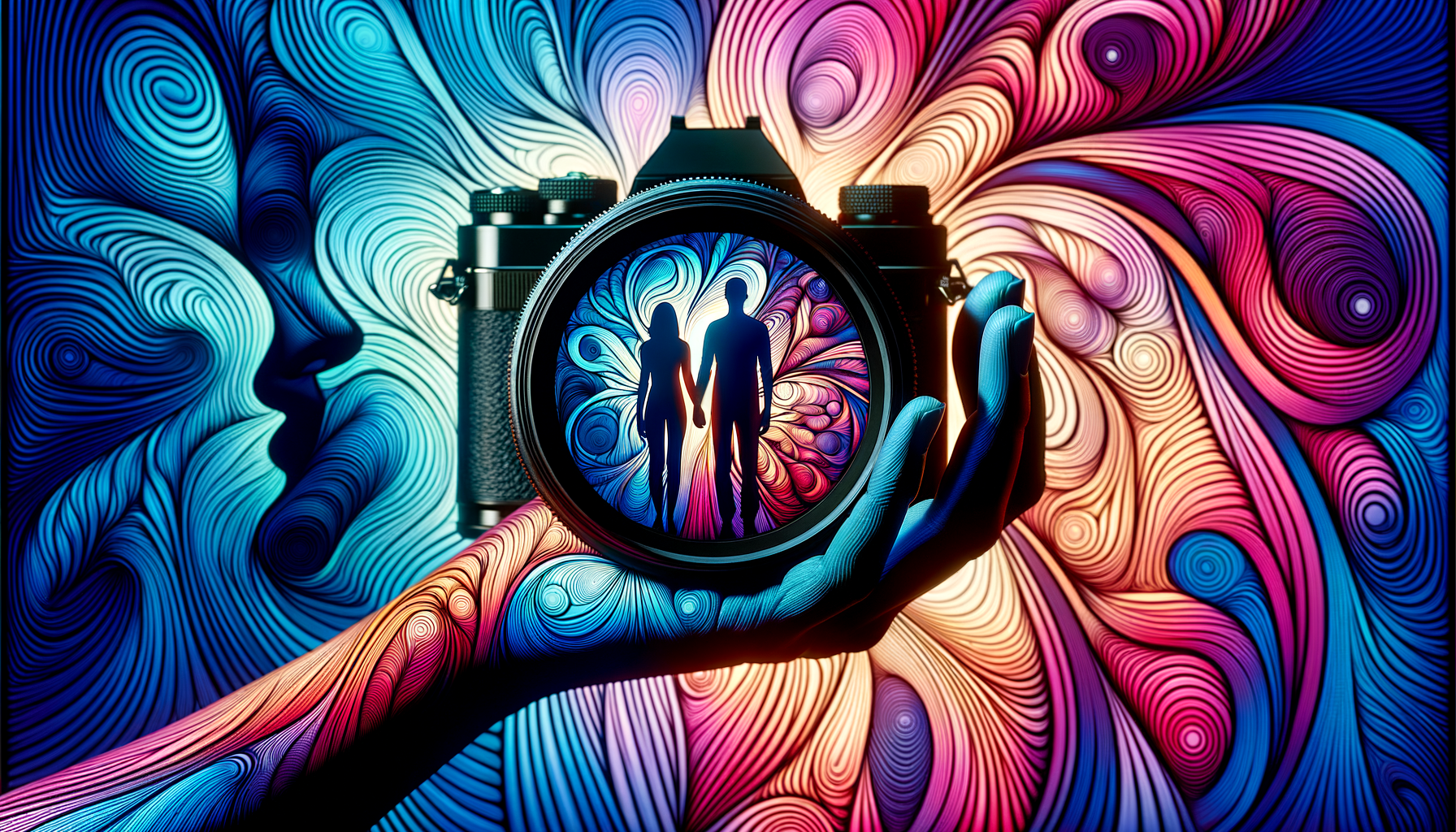How Projection And Introjection Shape Our Relationships
Influences Our Relationships

How Projection Influences Our Relationships
Ah, love—an enigma wrapped in a mystery, generously sprinkled with a dash of lunacy. According to Carl Jung, our journeys through romance fall into two delightful categories: projection and introjection. First up, we have projection. Imagine looking into the mirror of your partner’s soul and seeing your own fabulousness reflected back at you. This isn’t because they’re particularly profound; it’s just a fluke of the psyche! You attribute your own traits, desires, and glittering personality attributes onto them, transforming your beloved into a perfect canvas for your self-image. Jung suggests that we fall in love with these projected ideals, essentially because our brains are like those funhouse mirrors that make you look taller and slimmer. “Wow, look at this wonderful person I’m dating!” you exclaim, blissfully unaware they're just an overinflated version of your own ego. [Source: Psychology Today]
The Role of Introjection in Love
Then, there’s the charming world of introjection, the beloved cousin of projection. In this case, we develop affection for someone because they reflect what we feel is missing in ourselves. If you're in love with the adventurous hiker who scales mountains, it’s not just because you find them hot. No, it’s because you’re secretly longing for the thrill of grinding your quads on a steep incline! In other words, you’re snatching up their attributes like a child hoarding candy. Jung reminds us that self-awareness is crucial in understanding these patterns; otherwise, we might just keep fumigating our relationships with our unresolved issues. [Source: JSTOR]
Using Stoicism for Relationship Clarity
Here’s where the Stoic wisdom sneaks in like an unwanted relative at a holiday dinner. By cultivating self-awareness, we can navigate the emotional quagmire of our relationships with a clear mind and a sturdy heart. It prompts us to ask the existential questions that go beyond “Do they like me?” and delve into “What part of me do they reflect?” So, in the spirit of self-exploration, let’s embrace the chaotic energy of human connection—but perhaps with a hint of humor and a Stoic’s patience. After all, love might just be the universe's way of nudging us toward deeper self-awareness without the need for extensive therapy bills. For a deeper dive into self-awareness in relationships, check out our section on the importance of self-awareness in relationships.
Emotional Stability and its Attractions
When it comes to love, Carl Jung and Stoicism offer up a delightful paradox: people seem to fall for you not because of your dazzling personality, but for two reasons. First, it’s the projection of their own desires and ideals. Jung argued that we often project our unconscious desires onto others, enthralling them with our reflection of who they wish they could be. Secondly, individuals are naturally drawn to those who embody calmness and wisdom. Life is anxiety-inducing enough without someone else adding to the chaos. So if you manage to keep your cool amidst life's storms, you might just be the emotional buoy they didn’t know they needed. For a deeper dive into Jungian archetypes, check out our article on Understanding Jungian Psychology.
Self-Reflection and Its Importance in Romantic Dynamics
Ah, love — that grand illusion where two people project their unresolved issues and childhood dreams onto each other. According to Carl Jung, people fall in love for just two reasons: projection and the uncanny need to make sense of their own fragmented selves. While you might want to think it’s those luscious locks or that killer sense of humor that caught your partner’s eye, it’s more likely they’ve mistaken you for their long-lost ideal. Jung argued that “we cannot change anything unless we accept it,” which means that until they confront their shadow, they’ll just keep projecting their desires onto you. So, the next time you find yourself being the vessel for someone’s whims, just remember: love is less about the spark between you two and more about the fireworks happening inside their head. [Source: Psychology Today]
Understanding Love as a Reflection
Ultimately, embracing these reflections equips you to navigate relationships without losing your marbles. You learn to appreciate love’s complexity while developing emotional resilience—a lovely side effect of contemplating your partner’s psychological baggage. So, next time someone declares their undying love, remember: it's probably a well-structured version of their own chaos they’re after, just nicely packaged in your charming exterior. To delve deeper into love's intricate nature, explore other concepts in Stoic Love and Understanding Emotions.